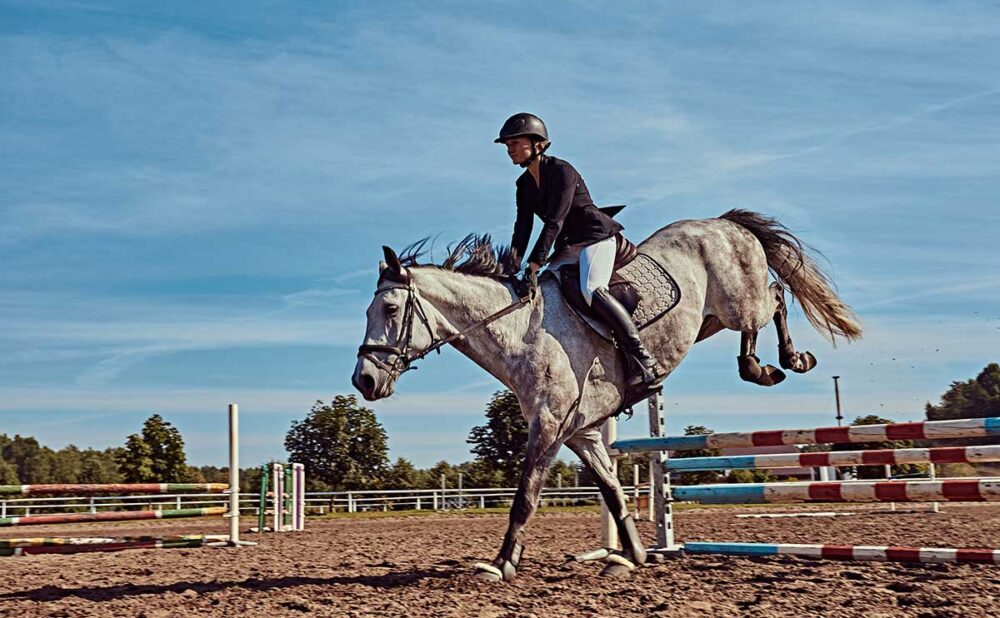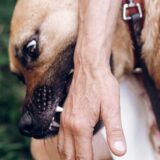Georgia Equine Activities Liability Act and Horse-Related Injuries
Horseback riding and equine activities are popular pastimes in Georgia, but they come with inherent risks. Injuries can happen even to the most experienced riders, and in some cases, these injuries can be severe. Injuries commonly occur from a horse kicking, bucking, biting, or falling.
So, what are the laws in Georgia regarding horse-related injuries, and what protections do horse owners and operators have under the Georgia Equine Activities Liability Act? The experienced injury attorneys at The Jewkes Firm have extensive experience in this area of law.
Georgia law recognizes the risks associated with equine activities and horseback riding. As a result, participants in these activities assume the risk of injury or death as a matter of law. This means that if someone is injured while participating in an equine activity or horseback riding, they may not be able to recover damages for their injuries unless they can show that the injury was caused by the negligence of the horse owner or operator.
The following activities are mentioned as “equine activities” in the statute: shows, fairs, competitions, performances, parades, training, boarding, riding, inspecting, hunts, trips, placing horseshoes, or veterinarian services.
Georgia’s Equine Activities Liability Act
However, Georgia law also provides some protections for horse owners and operators through the Equine Activities Liability Act, codified in O.C.G.A. § 4-12-1, et seq. This law limits the liability of horse owners and operators for injuries that occur during equine activities, provided certain conditions are met. These conditions include posting warning signs about the risks associated with equine activities, providing safety equipment to participants, and obtaining written waivers of liability from participants.
Below is an example of the type of sign that should be posted by a horse owner or operator in a clearly visible location to limit their liability, per O.C.G.A. § 4-12-4. Refer to the statute or consult with an attorney for exact specifications on the color and size dimensions required for the sign. (Such signs may be purchased here.)
The Equine Activities Liability Act is designed to encourage participation in equine activities by limiting the liability of horse owners and operators. However, it is important to note that the law does not provide absolute immunity for horse owners and operators. If a horse owner or operator is found to be negligent or recklessly disregarded the safety of participants, they may still be held liable for injuries that occur during equine activities.
Statute of Limitations
In Georgia, the statute of limitations for filing a claim involving injuries sustained during equine activities is generally two years from the date of the injury. This means that individuals who are injured while participating in equine activities must file their claim within two years of the date of the injury, or they may lose their right to recover damages.
Consult with an Attorney
Laws and regulations can change over time, so it is important to consult with a knowledgeable attorney for the most up-to-date information on injury claims involving horses in Georgia. An attorney can help injured individuals determine their rights and legal options and can also help horse owners and operators understand their legal obligations and potential liabilities under the law.
Horse-related injuries can be severe, but the Equine Activities Liability Act in Georgia provides some protections for horse owners and operators. However, it is important for individuals to understand their legal rights and options in the event of an injury, and to consult with an attorney for guidance. With the right legal help, injured individuals can recover the compensation they deserve, and horse owners and operators can protect themselves from potential liability.
Contact the experienced injury attorneys at The Jewkes Firm for more information.




